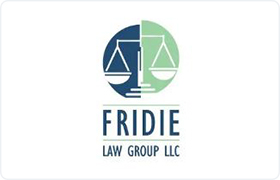Woodbury Heights Estate Planning Lawyer, New Jersey
Sponsored Law Firm
-
 x
x

Click For More Info:
-
Fridie Law Group L.L.C.
101 Route 130 Suite 306, Madison Building Cinnaminson, NJ 08077» view mapEstate Law We Fight For Your Rights
Reach out to us today for legal help on your case. We're available for free consultations and return all calls and emails within 24 hours.
800-859-9690
Includes: Gift Taxation
Richard Joseph Cogan
✓ VERIFIEDEstate Planning, Wills & Probate, Divorce & Family Law, Bankruptcy & Debt, Business Organization
Richard Joseph Cogan is a practicing lawyer in the state of New Jersey.
Thomas Bullock
✓ VERIFIEDEstate Planning, Trusts, Wills & Probate
Thomas Bullock is a practicing lawyer in the state of New Jersey & has been licensed for 45 years. Attorney Bullock received his J.D. from Widener Uni... (more)
W. James Jakobowski
Real Estate, Estate Planning, Family Law, Insurance, Personal Injury
Status: In Good Standing
George C. Greatrex
Condominiums, Commercial Real Estate, Estate Planning, Car Accident
Status: In Good Standing
FREE CONSULTATION
CONTACTArthur J. MacDonald
Estate Planning, Family Law, Real Estate, Trusts
Status: In Good Standing Licensed: 54 Years
Kathryn Hewitt-Jones
Commercial Real Estate, Estate Planning, Civil & Human Rights, Bankruptcy
Status: In Good Standing Licensed: 34 Years
 James Fridie Cinnaminson, NJ
James Fridie Cinnaminson, NJ Practice AreasExpertise
Practice AreasExpertise


